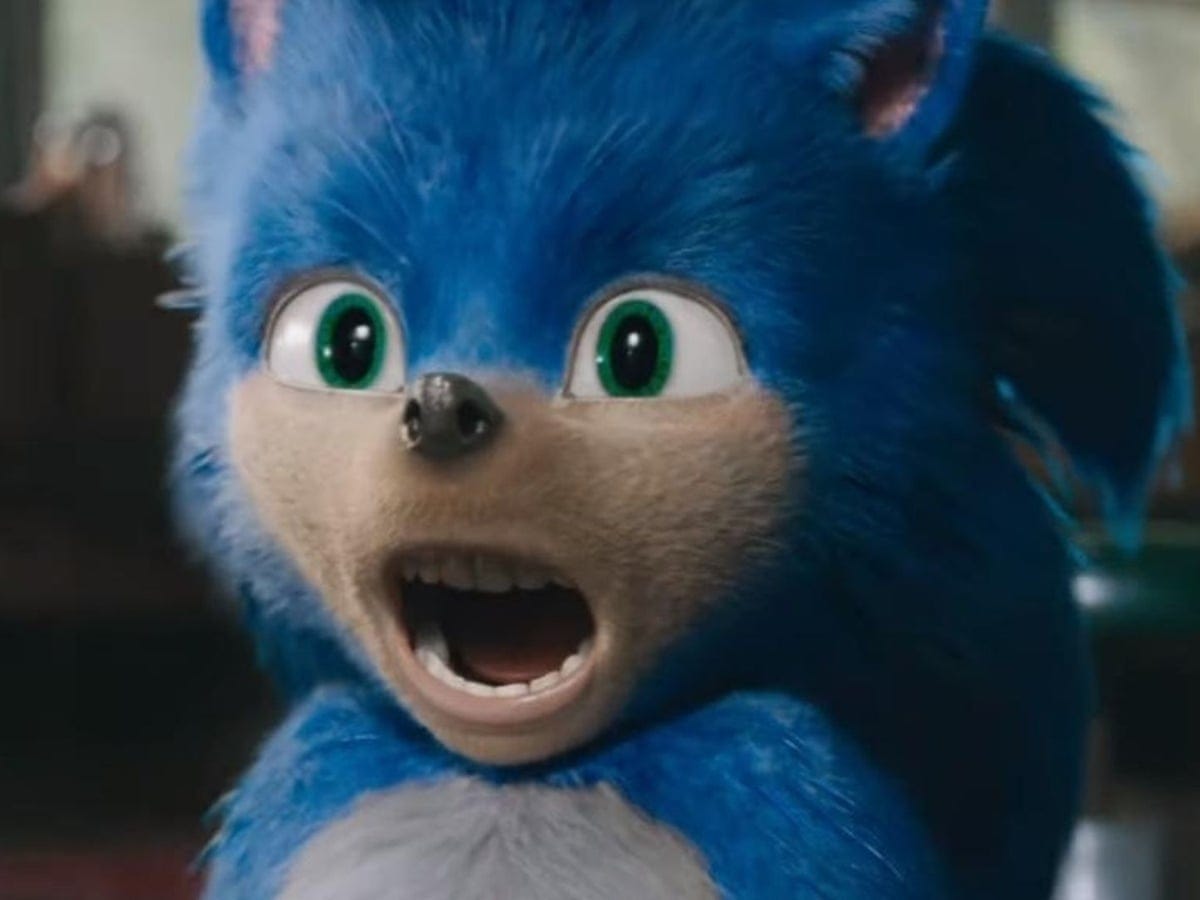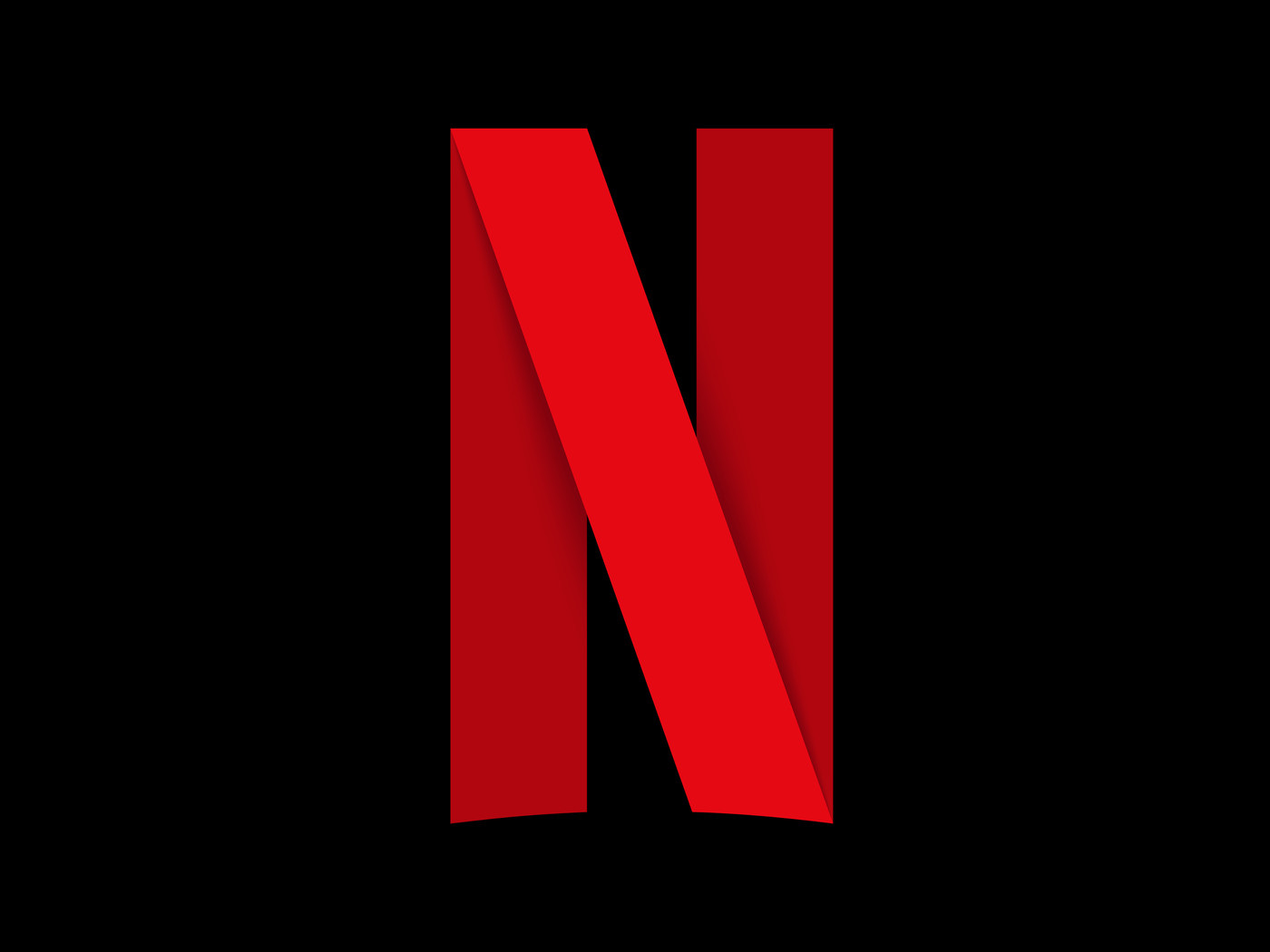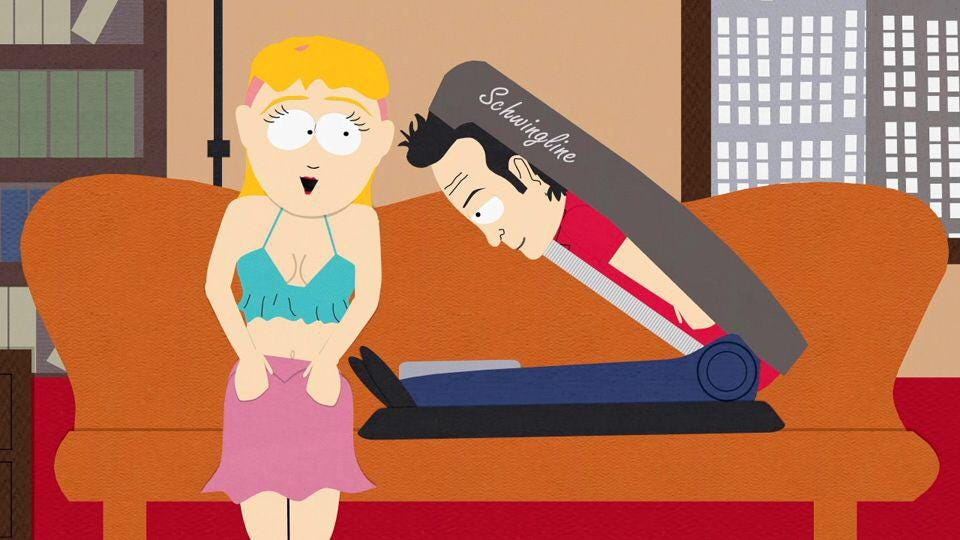It's a sad day when your favorite cartoon about alcoholic, romantically scorned cats and mice, the embodiment of cartoon violence, and questionably old-fashioned racial politics churns out a trailer that looks like it belongs in the early 2000s with a record scratch between sentences (instead of the horrible, out of place, 'trailer trash' accompanying soundtrack) that fits into the category of unnecessary, shoddy-looking CGI animation that's set in New York but filmed in Toronto.
The movie itself isn't the problem - plenty of remakes and sequels have been artfully done, such as Blade Runner 2049 and Charlie and the Chocolate Factory (not to mention blatant rip-offs posing as Western 'homages' to Akira Kurosawa.) The problem lies with the fact that, as streaming services continue to splinter content to ludicrous levels in an attempt to compete with each-other, back-catalogue material quality becomes heavily diluted as "good" content is, unsurprisingly, hard to produce in a high volume. You see insane bidding wars for intellectual property like Friends and Seinfeld that have been documented extensively elsewhere, but why is the fact that the content that is being "auto-generated" is totally formulaic and complete garbage being ignored? There are three main categories for this content that would be insulting for a single-celled organism to parse, let alone a living, breathing human being. They are family-friendly films, remakes/reboots/re-imagined universe sequels, and superhero content.
Let's take a look at this Tom and Jerry trailer again. Right out of the gate, you see what looks to be a fade-out shot of a random suburban street with cartoon characters that aren't horrific live-action failures, but look off-kilter compared
to, say, the best basketball human player in the world being transported to the Looney Toons world. Toss in a few pop culture references (like that ignominious reference to TikTok and 'BookFace' that will age about as well as lab mice do), a "multicultural" wedding with some recognizable pop culture figures (as one would expect, Hangover Doctor returns, and Colin Jost marrying Scarlett Johansson considerably upped his Hollywood milquetoast recognition credentials), dialogue with Markov-generated complexity, and coalesce it all into a recognizable franchise name with a tenuous-at-best relation to the original product, and you have a churned-out predictable box office burner, as another heartless film has no health disclaimers attached as the crowd goes mild and the pro (movie) choice lobby is swept under the rug yet again. But, at the end of the day, there's enough "thinking of the children" in the Western world, for there are far more egregious offenders out there.
HBO, while holding the absolute best catalogue of film and TV to date, is no more innocent than everyone's favorite Dan Brown of streaming services.
Enter Downhill, a streaming film debut with a suspiciously similar formula: widely recognizable actors and actresses (in this case, the ungodly romantic pairing of Will Ferrell and Julia Louis-Dreyfus) + a supporting role from a popular actor in the target demographic (Zach Woods from The-Show-That-Shall-Not-Be-Named and Silicon Valley) in a "de-imagining" of an award-winning foreign film about subtlety and lack of information in relationships delivered in the classic American film industry ham-fisted fashion of treating a 5-inch tap-in putt with melodrama deserving of a 53-yard putt nailed by an amateur. It premiered to awful reviews which all seemed to revolve around concurrently asking why this movie was made - after all, given the proliferation of animein the original Japanese throughout the American mainstream youth and the ever-increasing deafness of the retired population, people are just fine with reading movies. Auto-generated content plays on our expectations and stereotypical in-group thinking flaws: "All my other friends watched this, I might as well see what the deal is", or "It has celebrities in it! It can't possibly continue to be this unbearable, I'll give it more of a chance", which leads to sunk cost fallacy entering around the 35 minute mark or 45 minutes until bedtime, depending on the time of day. Streaming services depend on people ignoring that content is not made based on its quality, but rather its marketability, perhaps accurately assessing that most people are not malcontent personified and won't rant about how horrible most of their catalogue is to a readership of five.
The most heinous offender, however, is the superhero genre, which is nothing more than a smorgasbord of ensemble casts and celebrity cameos reciting pithy nothings splattered in Jackson Pollock-esque style over maladroit plots draped in soul-crushing amounts of CGI as an overly bass-heavy soundtrack blasts your eardrums through yet another 150 minute film up for the ever-increasingly incestuous dual Grammy-Oscar nomination. Audiences have become so conditioned to war-crime levels of mediocrity that people cheer when "Hulk" hands "Ant-Man" a fucking taco because a CGI plane blows the filling out of his.

Critiques of superhero movies are aplenty, and many satires have been spawned, so I won't beat a dead Aqua-Man horse as we truly experience the barrage of "nerd culture" going mainstream reducing the variance of corporate content creation profits to that of a treasury bond as movies become homogenized to cater to a wider audience than English did to residents in the British Empire (ignoring the fact that "Hollywood accountants" are equally trustworthy as investment banks' LIBOR estimates). I just wanted to say that I cracked the code, shown below.
C = (Ra + Rs - Id) * (Br/Os)
C = content, Ra = recognizability of actors, Rs = rising target demographic star
Id = imaginative dialogue, Br = brand recognition, Os = originality of subtext






